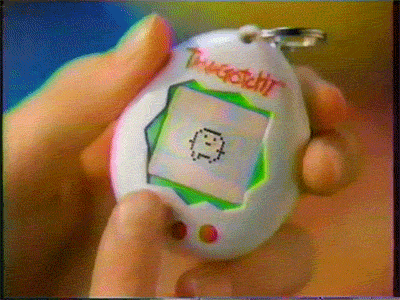Sourced from Business Insider | Mar 5, 2023 by Shubham Agarwal
My phone has gotten way too much of my attention. No matter where I am, what I'm doing, I find myself scrolling and tapping on my phone. When I do put it down, I pick it up a few minutes later and once it's in my hands, I am sucked in. I unlock my phone to check for the weather, and then somehow end up on Instagram for half an hour. Most of the time, I am unaware that I am even doing it.
I am far from alone on this one. People's screen time has shot through the roof — with most of us spending about a quarter of our time looking at our phones. Even the absence of a phone's weight from our pockets is enough to make people anxious.
Researchers are saying looking at our phones is similar to pulling a slot machine. It exploits our psychological vulnerabilities. We are hooked on the variable dopamine rewards the phone offers, similar to a drug addiction.
A research study performed by San Diego State University found that addictive phone use is linked to depression, poor sleep cycles and higher suicidal risks.
device addiction is not necessarily our fault
Tech companies have designed their apps and devices to keep us engaged for as long as possible, and the key to enabling this behavior is eliminating 'friction' between you and the phone.
All you have to do these days is pull out your phone, unlock your home screen and tap that 'Instagram' icon, where you are already signed in, and videos start playing to grab your attention. It's far too easy and instantaneous ➞ and it's affecting people's mental health.
You can try curbing your social media attention by downloading an app called One Sec. While there is an irony in using an app to cure an app addiction, One Sec acts as more of an intervention than replacement. It uses a simple trick, asking you to breathe before opening certain apps. Forcing us to be more intentional about how we use our phone reduces screen time more than any other trick.
We are all tired of how our smartphones end up sucking up so much of our time. Unlike screen limits, One Sec doesn't outright ban you from accessing the apps. Instead, it simply asks you to reflect and decide on your own whether you truly need to use the app. One Sec's breathing exercise is intended to snap you back into consciousness to encourage more mindful scrolling and usage.
Setting boundaries helps reevaluate our present habits and create better ones. With close to a million downloads, the app uses several clever and subtle psychological mechanisms in addition to the breathing exercise. One example being after the 10 second pause, One Sec shows how many times one tried to open Twitter in the past 24 hours.
Speed bumps for the internet?
Companies are increasingly introducing speed bumps to slow down how quickly we operate online. When Twitter added an extra step for retweeting tweets with links, for example, the company said that 40% more users read them before sharing. Simple friction mechanisms like this have also been found to be effective at stemming the tide of misinformation online.
And yet, many tech companies have little incentive to make these changes, especially not to the extent that people would stop using their apps together. It may be that the only path forward is regulating the trillion dollar attention economy that's hacking our human psychology, and puts profits over people.
Eventually, people will need to break away from devices completely rather than using tricks and hacks. We need to separate from the devices themselves in order to let our brain rest and recover. It's not just a matter of what we are doing on our phones, but the amount of time we spend looking at them, holding them, and swiping them as if they are alive and we are their caretakers.
speaking of which…








